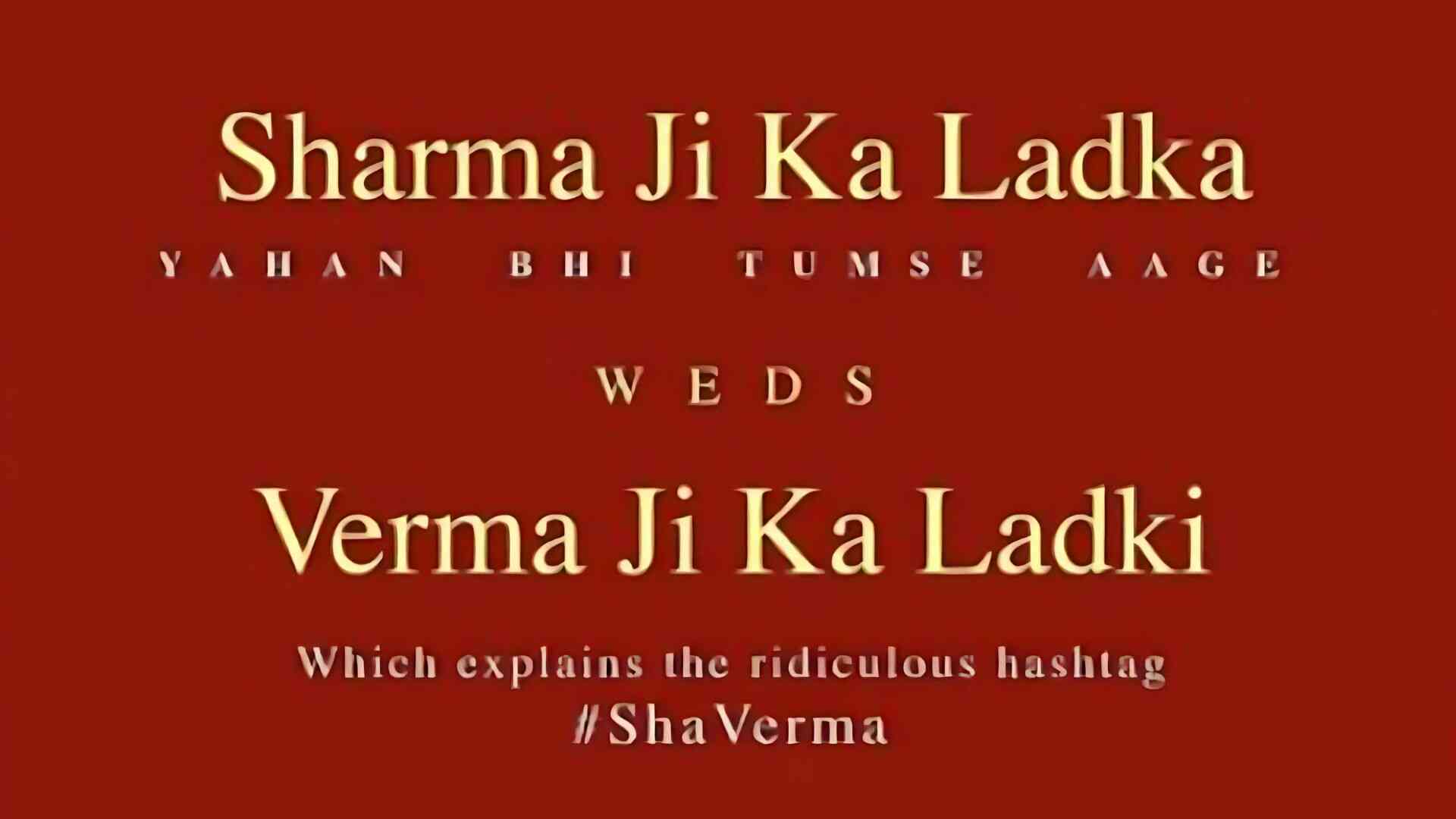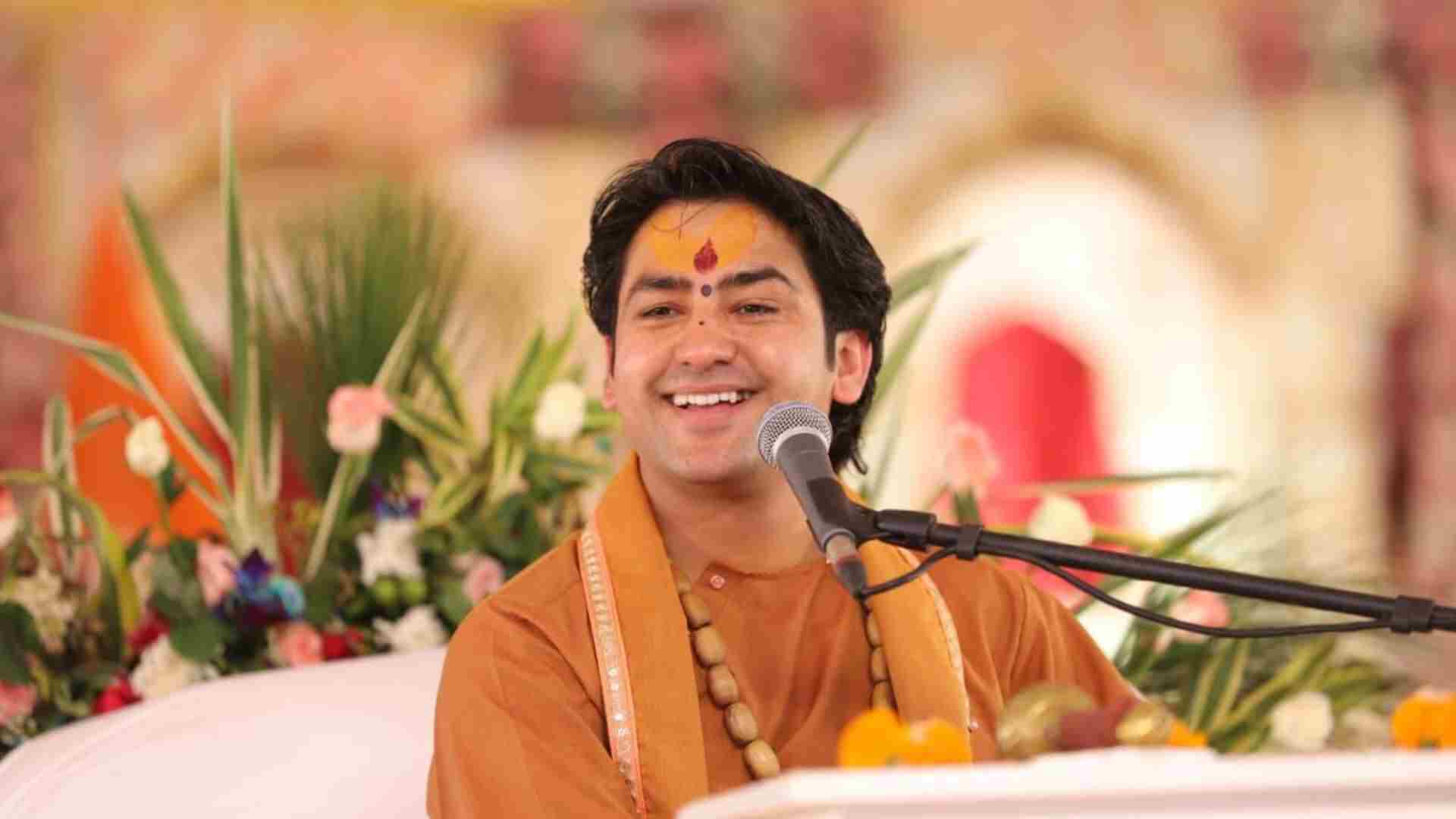
The Supreme Court in the case H Vasanthi vs A. Santha observed and has stated that the partition can also be affected under a settlement or oral understanding.
The bench comprising of Justice Bela Trivedi and Justice SV Bhatti in the case observed and has stated that there being no such prohibition to affect a partition otherwise which being an instrument in writing by duly complying with the requirement of law.
In the present case, the suit was filed by the woman, the wherein praying for the declaration that she is a coparcener by amended Section 29A of the Hindu Succession Act, 1956. It has also been prayed before the court by her for the for partition and separate possession of one-third in the plaint schedule.
Therefore, the Trial Court in the case observed and has dismissed the suit and later the appeal moved by her was dismissed by the Madras High Court on a finding that the property is not available partition as of the date of coming into force of Section 29A of the Hindu Succession Act, 1956.
Before the Apex Court, the issued raised was weather the plaint schedule has the colour of coparcenary as of March 25, 1989 and is being available for the partition.
The bench in the case observed and has stated that there being no such prohibition to affect a partition otherwise than through an instrument in writing by duly complying with the requirement of law.
The Division bench in the case observed and stated that it may also affect as it has been stated under the settlement or oral understanding.
The bench in the case observed that the fact that the plaintiff has earned the legal standing of a coparcener cannot, by itself, would be a reason to accept the prayer for partition unless the plaintiff discharged the burden that the partial partition did not affect the coparcenary rights.
Further, the court stated that the plaintiff still failed to demonstrate that the plaint schedule continued to be the coparcenary available for partition.
Accordingly, the court dismissed the plea.














